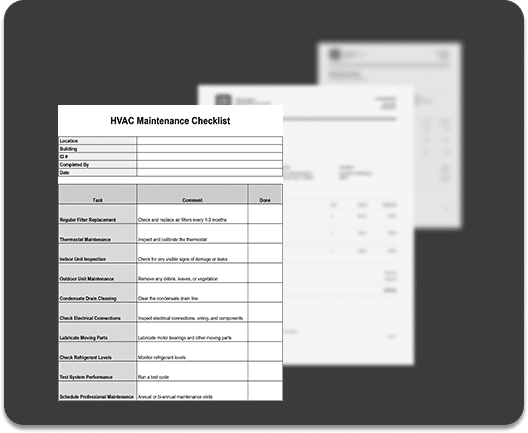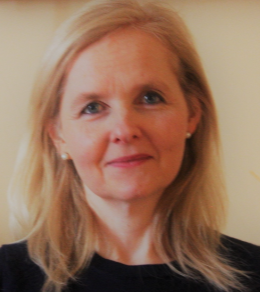COLUMBIA, S.C. (WCSC) – The two leading candidates for one of the most closely watched statewide races in South Carolina — state superintendent of education — met for the only time on the debate stage Wednesday.
The debate in Columbia, hosted by SCETV and The Post and Courier, featured Democrat Lisa Ellis and Republican Ellen Weaver. Green Party candidate Patricia Mickel did not meet the criteria to participate, moderators said.
They are vying to succeed current Republican Superintendent Molly Spearman, who is not seeking re-election.
The debate started with both candidates making the case for why they are the best choice to run the South Carolina Department of Education, which serves hundreds of thousands of students across the state.
Ellis has spent the last 20-plus years working in schools, mainly as a teacher, and said that experience is needed for this role.
She also is the founder of the educator advocacy group SC for Ed, which led a rally outside the State House in 2019, when thousands of teachers called out to demand better working conditions.
“I believe the teacher voice, understanding what is really going on in schools and how best to fix that, needs to come up to the policy level,” Ellis said.
Weaver, who has never been a teacher but previously chaired the state’s Education Oversight Committee and heads the conservative think tank Palmetto Promise Institute, repeatedly touted she has already established necessary relationships with state leaders to be successful as superintendent.
“This is a huge job that requires leadership, management, and policy experience, all things that I’ve been privileged to hone over the last two decades of my career,” she said.
Both candidates have vowed to raise teacher pay, with Weaver promising to bring starting salaries up to the national average in the next five years.
“One of the ways I’m going to do that is to find savings in our current education budget,” Weaver said. “People ask me all the time, ‘Ellen, is education in South Carolina underfunded?’ I have to say, ‘No, it’s misfunded.’”
Ellis — who countered South Carolina’s public school system has not been fully funded in over a decade — said teacher pay should be compared to jobs in other industries with similar degrees and experience.
“A teacher whose major’s in chemistry can go and be a chemistry teacher, or they can go work for a pharmaceutical company and make twice as much,” she said.
Results from the most recent National Assessment of Educational Progress, also known as the Nation’s Report Card, reveal South Carolina students lost a significant amount of learning during the pandemic, though they did not fall as far behind as students in many other states.
The candidates explained how they would work to overcome pandemic-related learning loss.
“If you really want to move students, particularly starting in the third grade, you’ve got to make sure you have high-quality teachers in the classroom and that you’ve got small class sizes,” Ellis said.
“Early literacy is absolutely critical and will be my No. 1 academic priority as state superintendent,” Weaver answered.
The state legislature has been working for years to pass a voucher program in South Carolina, which would give families public dollars to send their children to private schools. The push to establish such a program barely failed in the final hours of this year’s legislative session.
The candidates were split on whether they would support it, with Weaver being a strong proponent.
“Too often, many families face income limitations because of their zip code and just because of their family circumstances,” Weaver said. “I want every child to be able to get into the education environment that is right for them.”
Ellis has opposed such a program, saying many students in South Carolina’s public schools can already participate in intradistrict open enrollment, which allows students who live in a district to enroll in any of that district’s public schools, including those outside their zone.
“When we talk about vouchers and tax credits, the concern that I continue to have is that there’s a lack of transparency and accountability,” Ellis said.
The two candidates also answered questions concerning Critical Race Theory, which is not part of the standards taught in South Carolina schools, and what material is appropriate for school libraries and classrooms.
Weaver said “woke ideologies” and inappropriate materials have no place in South Carolina schools.
Ellis repeatedly said these are non-issues that have become issues recently and that take away from what she said are the actual challenges schools face.
Election Day is Nov. 8.
Copyright 2022 WCSC. All rights reserved.


/cloudfront-us-east-1.images.arcpublishing.com/gray/HEJTJQZV2BFOFBAQRDDL4Q3GKE.png)












